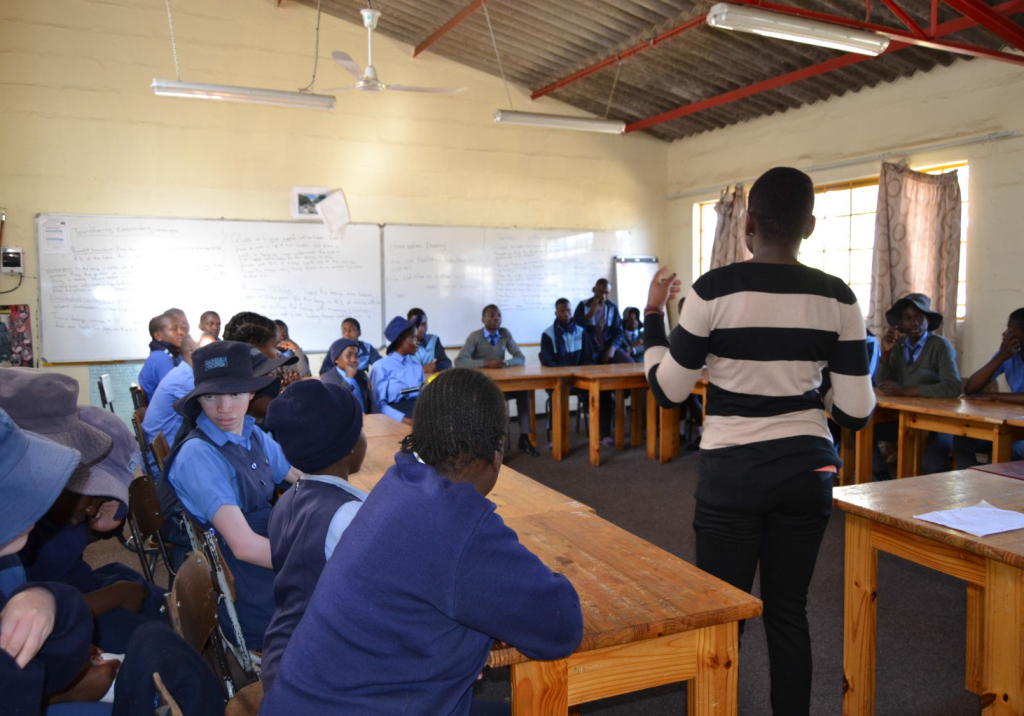The deaf Bulletin 2020 Issue 5
Re-thinking inclusivity in emergency education by Edith Nyabvure

The impact of COVID-19 is worse for people in lower socio-economic groups. Children with disabilities have been left behind in alternative education interventions.So far, mainstream responses for continued learning during the COVID-19 crisis have focused on online learning and the use of radio lessons. While this might be a workable option for some learners, these tools are not accessible to learners with disabilities or those with complex learning needs .
The lack of accessibility features on computers, tablets or mobile phones exclude children with dis-abilities from these contingency programs. These tools lack the basic and necessary accessibility features to make them usable for children with disabilities. Thirdly limited internet access hinders learning even further. Majority of learners with disabilities do not have access to household internet or mobile data.
However, this pandemic can serve as an opportunity to re-think how emergency education planning can be inclusive of children with disabilities. Some of the ways that can be used to move this agenda forward include:
- Providing support to education systems to ensure that distance learning is accessible, teachers are trained and supported to remotely teach children with disabilities and ensuring that caregivers are supported as well.
- Provision of education packs that can be collected and dropped at schools where this is possible on a weekly basis.
- Providing the right mechanisms for inclusive wash, nutrition, mental health, and psycho-social support for children with disabilities and their families.
- Re-allocating and targeting resources towards more inclusive health, social and educational services.
Supporting the collection of dis-aggregate data by disability for emergency response and/or monitoring to help with tailored interventions, leading to improved support for children with disabilities in their learning environment. Inclusion is an attitude and a choice unfortunately; it seems as if the alternative education dis-course in Zimbabwe has chosen exclusion to inclusion.
- DZT bemoans exclusion of Deaf learners in alternative learning -Tinotenda Chikunya
- Greatman: Disability Advocacy through music – Rumbidzai Muzire

